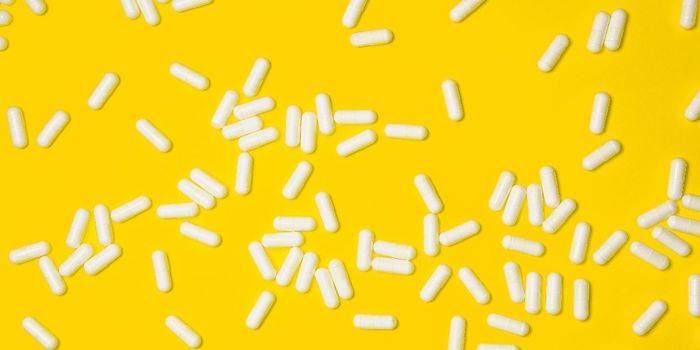
Stimulation of a certain population of neurons within the brain can alter the learning process, according to a team of neuroscientists and neurosurgeons at the University of Pennsylvania. A report in the Journal of Neuroscience describes for the first time that human learning can be modified by stimulation of dopamine-containing neurons in a deep brain structure known as the substantia nigra. Researchers suggest that the stimulation may have altered learning by biasing individuals to repeat physical actions that resulted in reward.
"Stimulating the substantia nigra as participants received a reward led them to repeat the action that preceded the reward, suggesting that this brain region plays an important role in modulating action-based associative learning," said co-senior author Michael Kahana, PhD, professor of psychology in Penn's School of Arts and Sciences.
Eleven study participants underwent deep brain stimulation (DBS) treatment for Parkinson's disease. During an awakened portion of the procedure, participants played a computer game where they chose between pairs of objects that carried different reward rates (like choosing between rigged slot machines in a casino). The objects were displayed on a computer screen, and participants made selections by pressing buttons on hand-held controllers. When they got a reward, they were shown a green screen and heard a sound of a cash register (as they might in a casino). Participants were not told which objects were more likely to yield reward, but that their task was to figure out which ones were "good" options based on trial and error.
When stimulation was provided in the substantia nigra following reward, participants tended to repeat the button press that resulted in a reward. This was the case even when the rewarded object was no longer associated with that button press, resulting in poorer performance on the game when stimulation was given (48 percent accuracy), compared to when stimulation was not given (67 percent).
"While we've suspected, based on previous studies in animal models, that these dopaminergic neurons in the substainia nigra play an important role in reward learning, this is the first study to demonstrate in humans that electrical stimulation near these neurons can modify the learning process," said the study's co-senior author Gordon Baltuch, MD, PhD, professor of neurosurgery in the Perelman School of Medicine at the University of Pennsylvania. "This result also has possible clinical implications through modulating pathological reward-based learning, for conditions such as substance abuse or problem gambling, or enhancing the rehabilitation process in patients with neurological deficits."
The research team included lead study author Ashwin Ramayya, a neuroscience MD/PhD student at Penn, along with Amrit Misra from Drexel University. The study was supported by the National Institutes of Health (MH55687).
 Stimulation of a certain population of neurons within the brain can alter the learning process, according to a team of neuroscientists and neurosurgeons at the University of Pennsylvania. A report in the Journal of Neuroscience describes for the first time that human learning can be modified by stimulation of dopamine-containing neurons in a deep brain structure known as the substantia nigra. Researchers suggest that the stimulation may have altered learning by biasing individuals to repeat physical actions that resulted in reward.
Stimulation of a certain population of neurons within the brain can alter the learning process, according to a team of neuroscientists and neurosurgeons at the University of Pennsylvania. A report in the Journal of Neuroscience describes for the first time that human learning can be modified by stimulation of dopamine-containing neurons in a deep brain structure known as the substantia nigra. Researchers suggest that the stimulation may have altered learning by biasing individuals to repeat physical actions that resulted in reward.








